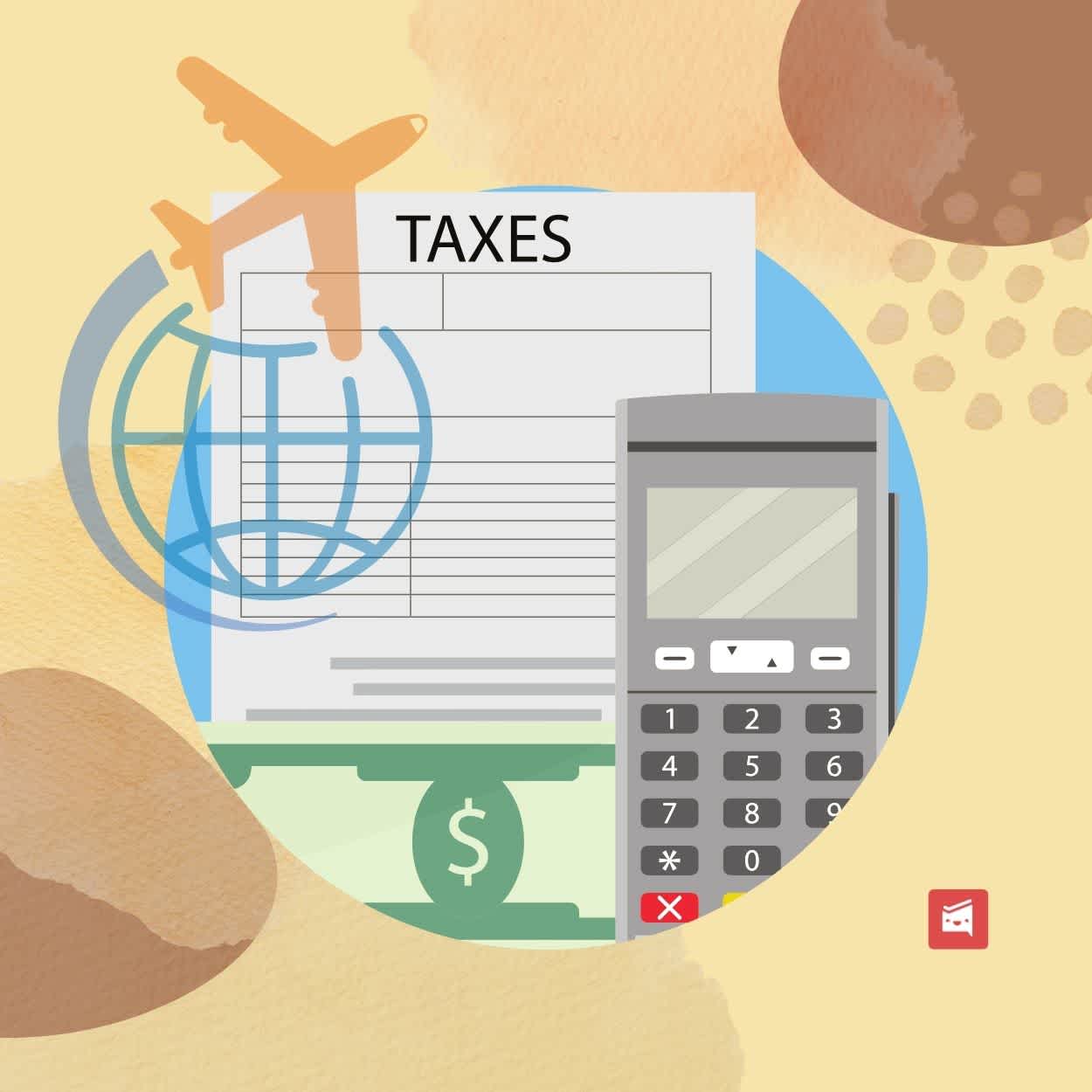How to Navigate Taxes When Working and Living Abroad
ByJulian Gette
Workast publisher

Workast publisher
Navigating taxes while living and working abroad can seem like a daunting task. You're not just adjusting to a new culture and environment, but you're also faced with the complexity of dual tax duties. This guide is your beacon through the fog, offering clear, step-by-step advice to ensure you remain compliant with tax laws both at home and in your new country, all while minimizing what you owe.
Understanding your tax residency status is crucial when living and working abroad because it determines which government has the right to tax your income. Tax residency rules vary significantly from one country to another, and misunderstanding these rules can lead to double taxation or non-compliance penalties. Make sure to carefully follow essential FBAR compliance tips so that you don't end up facing penalties. Typically, you're considered a tax resident in a country if you spend a certain number of days there within a fiscal year, though other factors can also influence your status, such as your domicile or permanent home.
Knowing your tax residency helps you understand your tax obligations, including which country you should pay taxes to, what income is taxable, and any tax treaties that may apply to prevent double taxation. It's the first step in effectively managing your taxes abroad, ensuring you comply with regulations while optimizing your tax situation.
Tax treaties play a pivotal role for expatriates and digital nomads navigating taxes while working and living abroad. These agreements between countries aim to avoid the common problem of double taxation — where an individual could be taxed by both their home country and the country where they earn their income. By outlining specific regulations on which country has the taxing rights over different types of income, tax treaties provide a clear framework that helps prevent financial strain caused by double taxation.
Additionally, these treaties often include provisions for tax relief, ensuring individuals do not pay more tax collectively than they would in one country alone. Understanding the details of applicable tax treaties can significantly reduce an individual’s tax liability and is critical for effective tax planning and compliance in a cross-border living situation.
Record-keeping is one of the cornerstones of successful tax management while living and working abroad. As tax laws vary from country to country, it's important to keep track of all your income and expenses, including any deductions or exemptions that may apply. Here are some pieces of information you need to store:
Income records
Expense records
Tax-related documents
Banking and financial records
Travel records
Proof of residency
Documentation of tax treaties and agreements
Records of foreign tax payments
Keeping detailed records will ensure compliance with varying international tax laws. Such meticulous documentation aids in claiming rightful deductions and credits, preventing instances of double taxation. It also streamlines the process of proving tax residency and income sources to tax authorities, thereby avoiding potential penalties. In essence, well-organized records are a safety net, providing clarity and proof of transactions that are necessary for navigating the complexities of international tax obligations efficiently.
Being timely with this process is critical for several reasons. Firstly, it helps avoid potential penalties and interest charges for late submissions, which can be significant in some countries. Prompt filing demonstrates compliance with local and home country tax regulations, thus maintaining a good standing with tax authorities. It's also an opportunity to claim any applicable tax deductions or credits, optimizing your tax situation and potentially saving money.
Furthermore, timely tax return filing is essential for renewing visas or residency permits in many countries, as it often serves as proof of financial responsibility and stability. Lastly, staying on schedule with your tax returns ensures peace of mind, knowing you're up-to-date with your tax obligations, and reduces the likelihood of future legal complications.
When you pay tax on your income in a foreign country, claiming a foreign tax credit allows you to offset this against your tax liability in your home country, effectively preventing you from being taxed twice on the same income. To claim these credits, you must accurately report the amount of foreign tax paid on your income tax return in your home country, providing proof of the foreign taxes paid.
It's vital to understand the specific requirements and limits for claiming foreign tax credits as dictated by your home country's tax laws, as well as any applicable tax treaty provisions. Proper utilization of foreign tax credits ensures financial efficiency while navigating the complexities of international taxation, supporting a more sustainable expatriate lifestyle.
Tax-efficient investments can significantly reduce your overall tax burden. These are designed to generate returns in a manner that's favorable under the tax laws of your home country, the foreign country, or both. By choosing tax-efficient options, expatriates can enjoy greater financial benefits while adhering to the complex web of international tax regulations.
They not only enhance your income through tax savings but also ensure that you remain compliant with the tax laws of multiple jurisdictions, preventing potential legal and financial penalties. Smartly choosing tax-efficient investments is key to optimizing your finances and achieving long-term sustainability in your expatriate lifestyle.
Tax professionals who specialize in international taxation can provide a nuanced understanding of complex tax laws, ensuring compliance and optimizing tax obligations across multiple jurisdictions. They can guide you through the labyrinth of tax residency criteria, tax treaties, and the proper way to claim foreign tax credits, thereby preventing costly mistakes such as double taxation or non-compliance penalties.
Experts keep abreast of changes in legislation that could impact your tax situation, offering timely advice to safeguard your financial interests. By leveraging their expertise, expatriates can not only ensure they meet all legal requirements but also strategically plan their taxes to maximize savings and minimize liabilities, making the management of international tax obligations less daunting and more efficient.
Navigating the complexities of taxes while living and working abroad can be smooth sailing with the right knowledge and strategies. By understanding your tax responsibilities, leveraging tax treaties, keeping scrupulous records, and seeking expert advice, you're setting yourself up for success. Remember, effective tax planning is key to making the most of your expatriate lifestyle while remaining compliant with laws in both your home and host countries.

